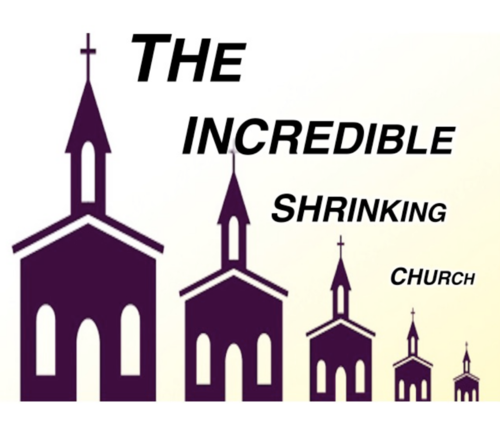THE QUESTION:
Unending Debate: Should Christians baptize babies?
THE RELIGION GUY’S ANSWER:
Yes or no, depending what church is answering the question.
A quote posted in August by Detroit Baptist Theological Seminary says this “debate over baptism has raged in the church for millennia” and “all sides argue passionately for their view.”
Jesus’ evangelism command to his followers in the Great Commission (Matthew 28:19) directed water baptism for church membership as observed in all types of Catholic, Orthodox and Protestant groups (except for the Quakers and Salvation Army).
Along with this, Baptists and other Protestants of like mind, view baptism as an “ordinance” to symbolize faith, not a “sacrament” where God bestows grace or regeneration. And, as discussed below, full immersion of the body in the water is their trademark practice.
Who should be baptized? Baptists et al. make a simple, straightforward argument. They see no explicit examples of infant baptism in the New Testament, only cases where baptism followed conscious conversion to a personal belief in Jesus Christ as Savior. Such “believer’s baptism,” of course, is impossible for infants and young children. The Great Commission linked baptism with religious instruction, and Acts 2:38 records that the original 3,000 Christian converts on the day of Pentecost repented for forgiveness of their sins before baptism.
Christians on the opposite side respond by citing New Testament examples where a “household” or “family” was baptized as a group and reason that young children were surely included.










